
Although founded around the sixth or fifth century BC - and despite its relative proximity to Rome - the town of Pompeii didn't actually come under Roman rule until 89 BC, when it was attacked by the general Sulla. Within a decade it had become an official colony, its assimilation into Roman ways undoubtedly accelerated by Sulla placing thousands of his war veterans, plus their families, in the town. Latin soon became the main language, while political institutions were remodelled along Roman lines.
A Pompeii became an important port, with goods landing there before travelling north by road to Rome. With its narrow streets, innumerable traders and crowded taverns (not to mention the ready availability of prostitutes), Pompeii was a bustling, vibrant place and an affluent one, too. Its location on the Bay of Naples attracted many rich residents, with villas of significant size dotting the landscape beyond the town limits. Many were the second homes of notable persons from Rome who chose to holiday in the agreeable surroundings of the Campania region. Those who sought to settle in, or frequently visit, Pompeii were also attracted by the town being a strong cultural centre, with its numerous other open-air theatres hosting drama and its amphitheatre offering more visceral, bloodthirsty fare.
ELITE CONNECTIONS
Bu hikaye History Revealed dergisinin October 2022 sayısından alınmıştır.
Start your 7-day Magzter GOLD free trial to access thousands of curated premium stories, and 9,000+ magazines and newspapers.
Already a subscriber ? Giriş Yap
Bu hikaye History Revealed dergisinin October 2022 sayısından alınmıştır.
Start your 7-day Magzter GOLD free trial to access thousands of curated premium stories, and 9,000+ magazines and newspapers.
Already a subscriber? Giriş Yap
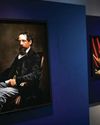
'Dickens's evocation of the fears, excitement and confusion of childhood is peerless'
DR LEE JACKSON ON WHY CHARLES DICKENS REMAINS RELEVANT TODAY
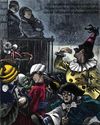
THE AUTHOR GOES ABROAD
Dickens expanded his horizons and boosted his fan-base by venturing overseas - but global fame came with a cost
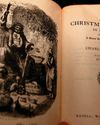
REVIVING THE FESTIVE SPIRIT
A Christmas Carol wasn't just a bestseller - it changed the way that Britons chose to mark the festive season
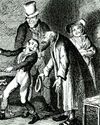
GIVING THE POOR A VOICE
From Hard Times to Oliver Twist, Charles Dickens used his pen to help illuminate the lives of the less fortunate
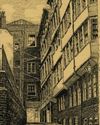
A JOURNEY THROUGH DICKENS'S LONDON
The works of Charles Dickens are synonymous with visions of Victorian London. We talk to Dr Lee Jackson about the author's love of the capital, and the locations that most inspired him

EXCEEDING EXPECTATIONS
Dr Lee Jackson chronicles Charles Dickens's journey from down-at-luck teenager to titan of Victorian literature

GIFTS, TREES & FEASTING
We take a journey through the photo archives to reveal how Christmas and its many traditions have been celebrated over the years - and around the world
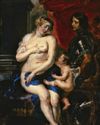
WHAT GREAT PAINTINGS SAY
We explore the story behind an allegorical painting that celebrates the triumph of love over hate, peace over war
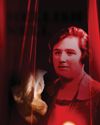
HELLISH NELL
Malcolm Gaskill delves into the life of Helen Duncan - the fraudulent Scottish medium whose ectoplasm-filled seances saw her ending up on the wrong side of the law

7 THINGS YOU (PROBABLY) DIDN'T KNOW ABOUT THE WHITE HOUSE
Presidential historian Dr Lindsay M Chervinsky reveals some of the most surprising facts about the world-famous US residence